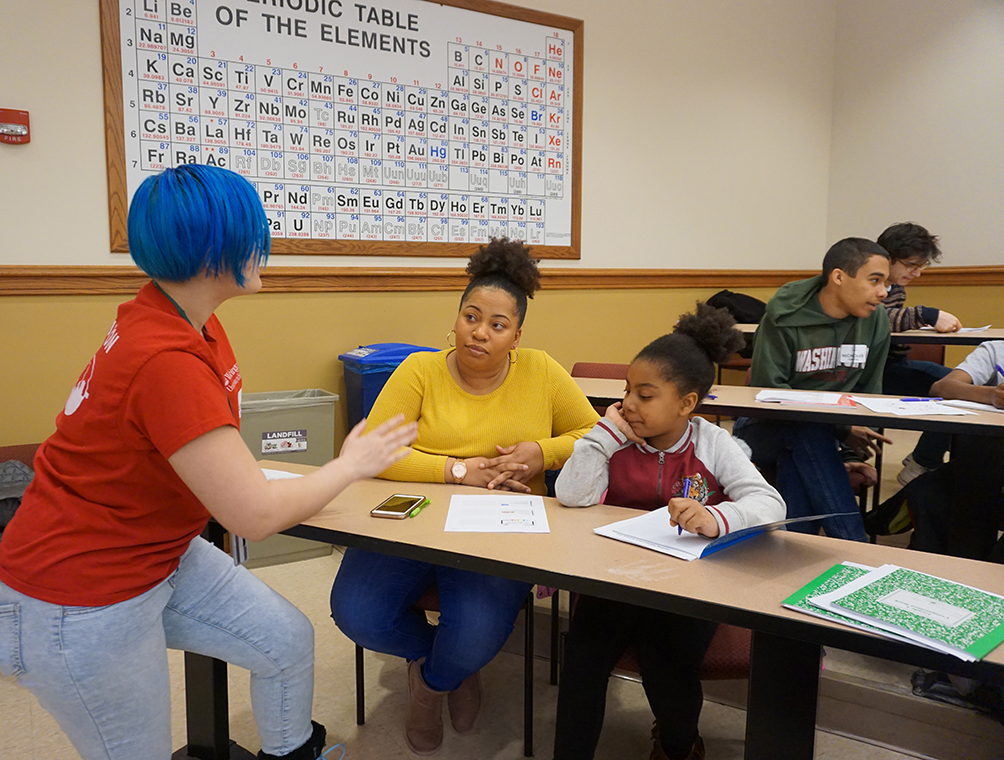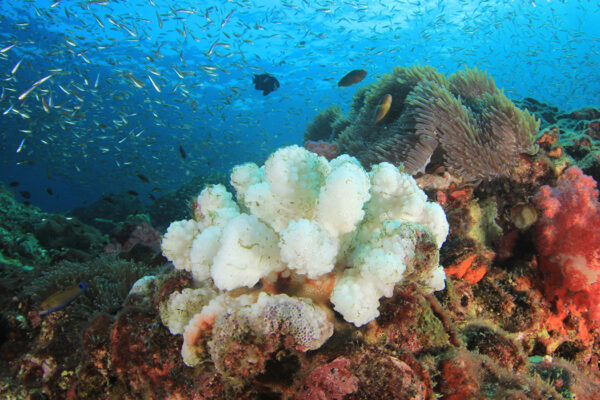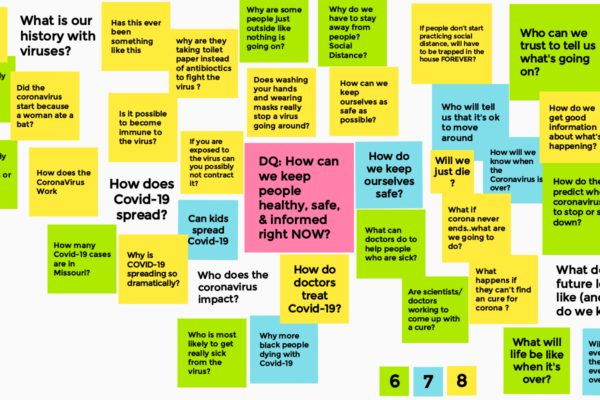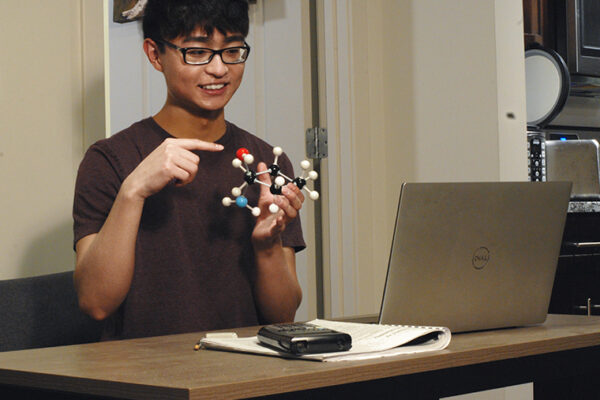
To the 80,000 parents — um, make that students — who will compete in the upcoming St. Louis Science Fair, Washington University in St. Louis senior Sam Martorana offers this advice: Follow your passion, not the rubric.
“Science fair projects can be stressful for the entire family,” said Martorana, who has led multiple workshops for parents and students at Washington University. “Parents often encourage students to pick those projects that check all of the boxes. But the best projects are the ones that have a lot of thought and passion behind them.”
When helping students, Martorana first asks what they like to do in their free time and why. From there, it often becomes apparent what type of science fair project — collection, observation, experiment or invention — students should pursue.
Are you a basketball fan? Design an experiment to determine how various surfaces impact a ball’s bounce. Or calculate the best place to make a successful bank shot. Do you prefer music? Build a phonograph with everyday items. Or observe how a guitarist’s hand position impacts volume. The options are endless, but the best ones tap into a student’s specific curiosities.
“The No. 1 mistake parents and students make is not spending enough time on the ideation process,” Martorana said. “Don‘t just go to a website for science fair ideas. Students should think hard about questions they want answered. They need to give themselves enough time to to try out their ideas and should have some backup plans.”
That means students who are participating in the Academy of Science-St. Louis Science Fair in April should start developing ideas now. By starting early, children will have plenty of time to fail and recover.
“That’s how a student will learn,” Martorana said. “It can be hard to see your child go down the wrong path. But don’t shut down their creativity by telling them what they can’t do. A better approach is to ask guiding questions that help them better see the possibilities and pitfalls of their project.”
Martorana serves as co-coordinator of K-12 Connections, a collaboration of the university’s Gephardt Institute for Civic and Community Engagement, Institute for School Partnership and Office of Government and Community Relations. The program provides student volunteers to science, technology, engineering, art and math (STEAM) nights at local schools, and it hosts campus field trips ranging from tours of the University Libraries’ Declaration of Independence exhibit to programs on Greek gods with classics faculty to visits to the student-run Burning Kumquat garden.
“I’ll volunteer in the middle of the day and I’ll walk out so juiced up and full of kid energy,” Martorana said. “Children are naturally so creative and curious. And when they bring those qualities to a science fair project, it can be exciting to see. ”
Martorana was one of those kids. Growing up in central New Jersey, he frequently participated in chemistry competitions called Chemagination at nearby Princeton University. He won his fair share of accolades, but that was never the point.
“Did I challenge myself? Did I follow my curiosity?” Martorana said. “That’s what I considered success.”


